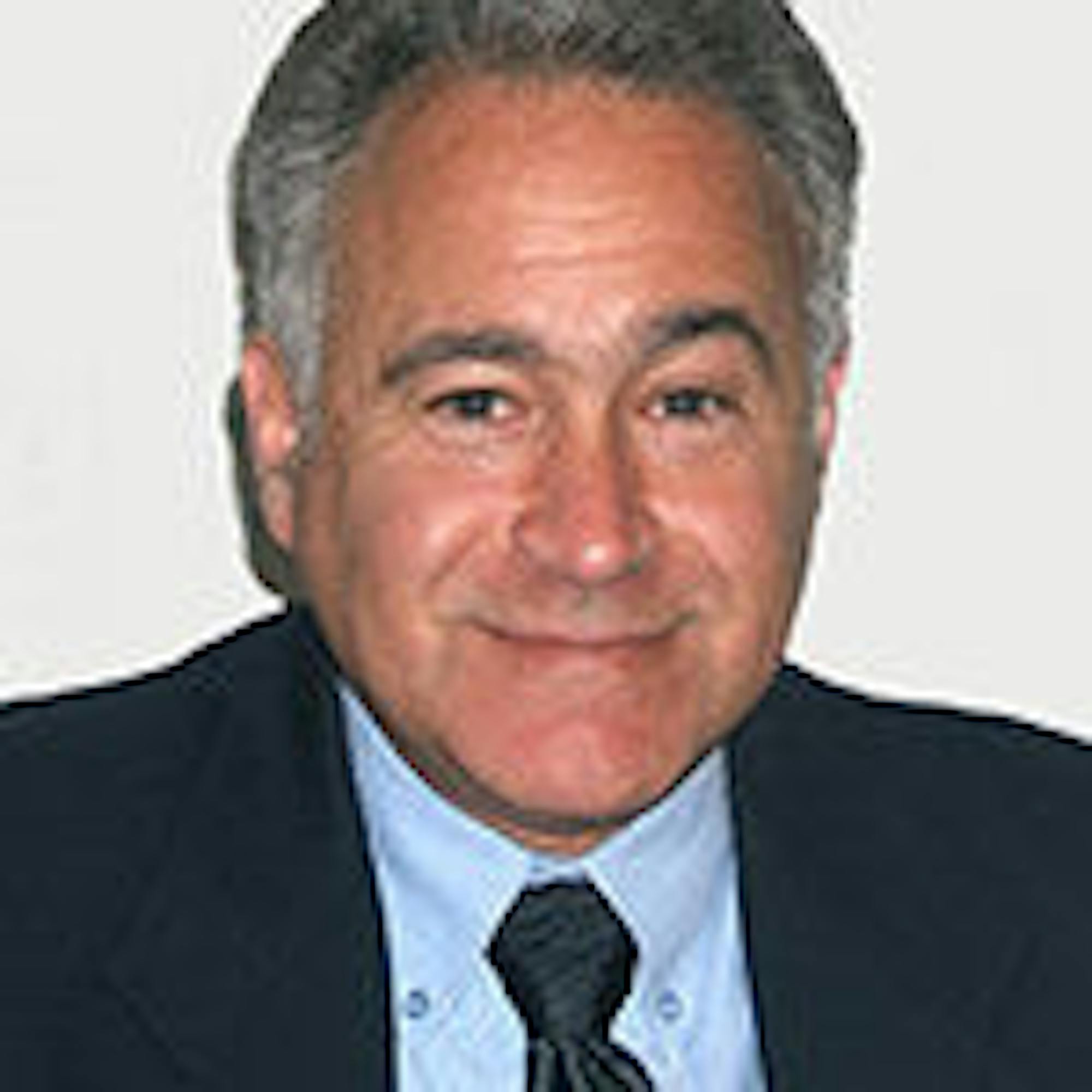
Jeff Sands
A leading Emory renal doctor plans to go head-to-head against the Trump administration over research funding as the newly-elected president of the American Physiological Society (APS), a nonprofit that educates the general public and supports scientists in the physiological sciences.
Emory Juha P. Kokko Professor of Medicine and Physiology Jeff Sands will assume the APS presidency next year. APS Director Martin Frank said that the Society’s impending challenges can be credited to the uncertainty that accompanies the Trump administration’s stance on biomedical research. Like Frank, Sands expects the Trump administration’s opposition to scientific research to be a challenge that characterizes Sands’ entire term. White House officials announced Monday that the administration will ask Congress to increase the U.S. defense budget by $54 billion and slash programs relating to the environment, science and education, according to The New York Times.
“The biggest challenge we’re going to face is with [National Institute of Health] NIH funding being reduced,” Sands said. “As funding gets tougher, scientists drop out of science or seek other careers.”
When Sands transitions from president-elect to president in April 2018, he anticipates travelling to Washington, D.C., to lobby for research funding and meeting with NIH officials to advocate for research funding.
Rather than a salary, some researchers rely on government funding to support their work. Large reductions in scientific research funding would decrease the number of grants researchers receive and publications scientists produce. Without that funding, Sands said, young students will likely become discouraged from pursuing careers in science and research. In response to these challenges, Sands hopes APS will provide a support network for aspiring scientists.
The Emory researcher’s APS presidential duties will also focus on strengthening APS’ current physiology publications and improving outreach programs from the next generation of physiologists, according to APS Director Martin Frank. Although physiology is the basis of medicine, Frank said, the field does not always get as much attention as others.
As Sands has been heavily involved with APS for more than 30 years, Frank believes the APS president-elect will guide APS through any potential roadblocks, including political obstacles to funding.
In addition to his work with APS, Sands serves as the director of the Renal Division of Emory’s Department of Medicine. He also runs the “Urea Group,” a group of Emory faculty and undergraduates in the renal and physiology divisions who collaborate to research proteins involved in the manipulation of urea in the kidney.
The Executive Committee of APS is composed of the three presidents: the president-elect, the president and the past president. Presidents are elected to a three-year term, serving their first year as president-elect, their second year as president and then transitioning to past president in their third year of service. The president-elect will work with the other two presidents to guide the general direction of the society, acting as its official spokesperson.





